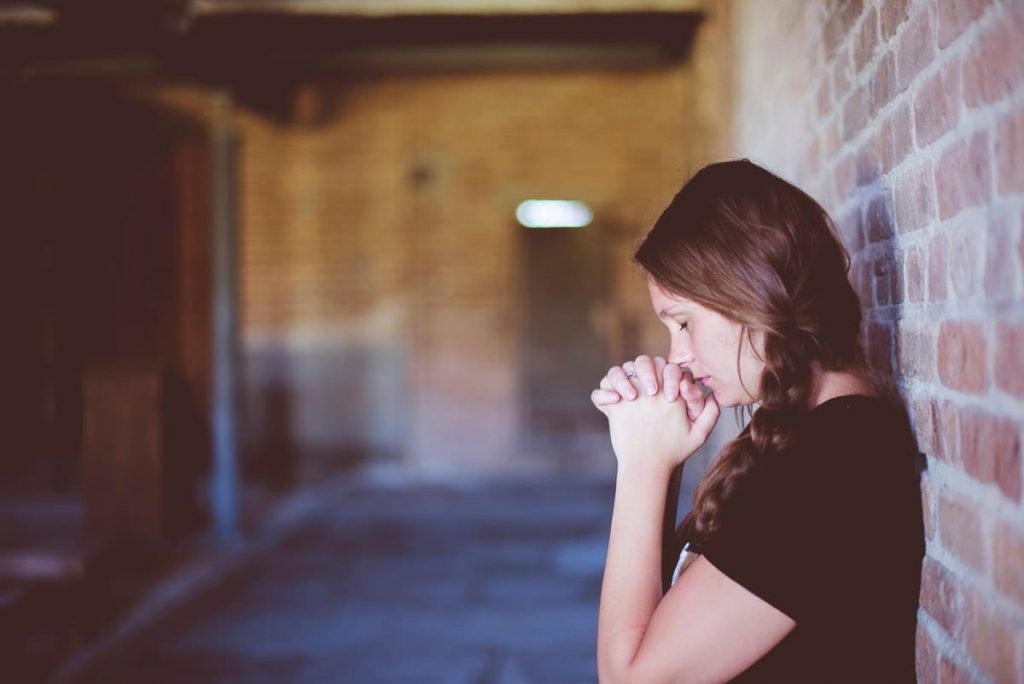A lot of older people say that kids nowadays are coddled and overprotected; shielded from figuring out how to fight their own battles so they can function in a cruel unforgiving world, a world where emotional regulation and conflict resolution skills are essential. I can’t speak for every millennial but in my case, they would be right.
- The Rippling Tsunami
From a very young age, I remember having developmental issues. As early as Pre K, I had problems with comprehension and retaining information. I don’t remember much from my early childhood, but I do remember feeling like a burden to my teachers. My mom used to tell me a story that I have no recollection of. She used to tell me about a time when my Pre K teacher asked, “What’s up?”
I looked up at the ceiling and said, “Green!”
I’m not entirely sure if that’s a typical response from a three or four year old, but it seemed to have led to a continuous cycle of adults that thought there was something wrong with me, or I was just a bad kid. Nonetheless, they treated me accordingly, creating small ripples in a sea of resentment, as well as distrust for those in positions of authority. This led to a tidal wave of rage in which I inevitably drown in depression. My mom never developed enough emotional intelligence to handle such situations properly. I no longer blame my mother because she did the best she could with the skills she had; however, instead of making things better she did the exact opposite.
When I was nine, she took me to a psychiatrist who put me on Depakote. I went from being an overweight child to a morbidly obese one in a matter of months. By the time I was 12, I weighed over 200 pounds. I continued through my teen years and a small portion of my adult life on and off Benzodiazapines. Addiction was legally forced on me, priming me to be sick – and it worked for every adult around me. The medication stifled me by keeping me asleep or too apathetic to care, and I loathed myself for being so brain-dead. I had even more trouble retaining information and learning in school because all I wanted to do was sleep. I was considered “disabled.” No one said or did anything more and even if they wanted to I was already legally insane. My mom received nearly $700 a month from the government, making it easier for her not to assume any real parental responsibility.
- The Rocky Mountain
As I grew older and became an adult, my illness became a crutch. I was frustrated, sluggish, spoiled and bloated; I barely had any strength or motivation to do anything. Something as simple as getting out of bed and bathing was like climbing Mount Elbert in Colorado; I knew something had to change. I couldn’t live that way forever and slowly began to realize that I either had to climb that Rocky Mountain, or stay at the bottom where I would eventually be crushed. I was only 21 and I was clinging to hope when eventually I found my strength. I started going for walks and doing Pilates. Once I felt comfortable, I did more intense cardio workouts and incorporated light weight training. I went through a disability program that introduced me to something called Personal Social Adjustment Training(PSAT). I never worked before and their job was to rehabilitate people in order to be functional in a job setting; they taught me some interpersonal skills as well. I also went through DBT (Dialectical Behavior Therapy), which delved deeper into interpersonal skills but also focused on emotional awareness and regulation. As I was going through DBT I was also going to cosmetology school, a setting in which I felt profoundly out of place. Although it didn’t work out, it did help me tremendously with my social skills. When I was 23, I decided to quit school and get a job at a pizza place where I did everything wrong and my intelligence was questioned on a regular basis. As in childhood, I was demeaned, belittled, shamed, and humiliated. Once again, I was back to feeling worthless and stupid. Regardless, I was still improving. During this time, I was working out, getting stronger and gaining confidence; which is something I was once shielded from because no one, including myself, thought I could handle it. I chose to expose myself to a world that made me feel uncomfortable and unwanted because it needed to be done.
- The Desert and the Oasis
Amongst this barren wasteland, I found a translucent spring to quench my thirst for life. I manage my symptoms through writing and art. I care for animals for a living, which has not only boosted my self-esteem but my mental health as well. I continue to work out on a regular basis and eat a healthy well balanced diet. I’ve also found that exposure therapy has also been key to overcoming my anxiety. Although I do occasionally struggle with self-injury and suicidal ideation, I continue to push through; knowing that among the desert there is always an oasis.
If you or someone you know experiences mental health issues, it is important to seek help from a qualified professional. Our Resource Specialist can help you find expert mental health resources to recover in your community. Contact us now for more information on this free service to our users.
Author Bio:
Amanda is a loving pet sitter and adventurous house sitter hoping to fulfill her dreams of being a digital nomad.
Twitter.com/EnolaRevfore
Photo by Ben White on Unsplash
The opinions and views expressed in this guest blog do not necessarily reflect those of www.rtor.org or its sponsor, Laurel House, Inc. The author and www.rtor.org have no affiliations with any products or services mentioned in this article or linked to herein.
Recommended for You
- How to Stop Nail Biting: What Finally Worked for Me After Years of Failed Attempts - December 26, 2025
- Dealing With Toxic Family Members: A Survival Guide for Family Gatherings - December 22, 2025
- When to Seek Help from a Child Psychiatrist: 6 Signs Your Child Needs Support - December 19, 2025





